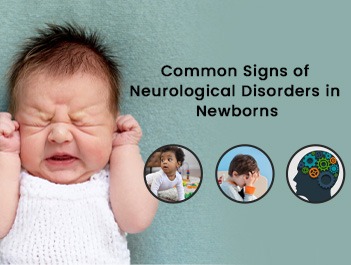
General Health Care

General health care refers to the comprehensive medical services aimed at maintaining overall health, preventing disease, managing chronic conditions, and treating acute illnesses. It typically encompasses a wide range of medical disciplines and services, from routine check-ups to emergency care, and involves various types of healthcare professionals. The goal of general healthcare is to address all aspects of an individual’s well-being, which includes physical, mental, and emotional health.
- Preventive Care:
- Health screenings: Regular check-ups and tests that help detect conditions early (e.g., blood pressure checks, cholesterol tests, cancer screenings).
- Vaccinations: Immunizations to prevent infectious diseases, such as flu shots, childhood vaccinations, and vaccines for preventable conditions like HPV and pneumonia.
- Health education: Information and counseling on maintaining a healthy lifestyle, proper diet, exercise, stress management, and avoiding harmful behaviors like smoking or excessive alcohol consumption.
- Primary Care:
- Family medicine: General physicians who provide routine health maintenance, treatment of common ailments, and referrals to specialists when necessary.
- Pediatrics: Care for children, including preventive services, growth monitoring, vaccinations, and treatment of common illnesses.
- Geriatrics: Medical care for older adults, focusing on chronic disease management, mobility issues, cognitive health, and end-of-life care.
- Acute Care:
- Treatment of short-term, urgent medical conditions or injuries that require immediate attention, such as infections, broken bones, and severe pain.
- Emergency care: Immediate care provided in emergency rooms (ER) for life-threatening conditions like heart attacks, strokes, trauma, and accidents.
- Chronic Disease Management:
- Diabetes care: Monitoring and treatment of blood sugar levels, including insulin management and lifestyle adjustments.
- Hypertension: Ongoing management of high blood pressure through medications, diet, and exercise.
- Asthma/COPD: Long-term treatment for respiratory conditions using inhalers, medications, and lifestyle changes.
- Arthritis, heart disease, and other long-term conditions: Managing symptoms and improving quality of life through medical interventions and therapy.
- Mental Health Care:
- Treatment for mental health conditions like anxiety, depression, PTSD, and bipolar disorder through therapy, counseling, and medication.
- Counseling or psychotherapy, including cognitive behavioral therapy (CBT), talk therapy, or psychiatric care for more severe mental illnesses.
- Specialist Care:
- When primary care providers or family doctors identify a condition that requires more specific expertise, patients may be referred to specialists in areas like cardiology, orthopedics, dermatology, or neurology.
- When primary care providers or family doctors identify a condition that requires more specific expertise, patients may be referred to specialists in areas like cardiology, orthopedics, dermatology, or neurology.
- Diagnostic Services:
- Laboratory tests: Blood work, urine tests, biopsies, and other diagnostic procedures to help diagnose illness.
- Imaging services: X-rays, MRIs, CT scans, and ultrasounds to visualize internal structures for the diagnosis of injuries, diseases, or conditions.
- Rehabilitation:
- Services like physical therapy, occupational therapy, and speech therapy to help patients recover from surgery, injury, or illness and regain functional abilities.
- Services like physical therapy, occupational therapy, and speech therapy to help patients recover from surgery, injury, or illness and regain functional abilities.
- Health Promotion:
- Encouraging healthy lifestyles through exercise, nutrition, smoking cessation programs, mental health support, and other health initiatives.
- Programs that teach individuals how to manage their health and prevent disease, such as weight management or stress reduction techniques.
- End-of-Life Care:
- Palliative and hospice care focus on providing comfort and support to individuals with serious, life-limiting illnesses.
- Managing pain and improving quality of life for terminally ill patients while supporting families through the process.
General healthcare is essential to promoting overall well-being, reducing the risk of serious health problems, and improving life expectancy. It involves a combination of medical, psychological, and social support to help individuals live healthier, more fulfilling lives.
Recent Posts


Common Signs of Neurological Disorders in Newborns

Understanding Different Types of Brain Strokes

Share:
Anu Neurology and Urology Clinic is proudly powered by WordPress